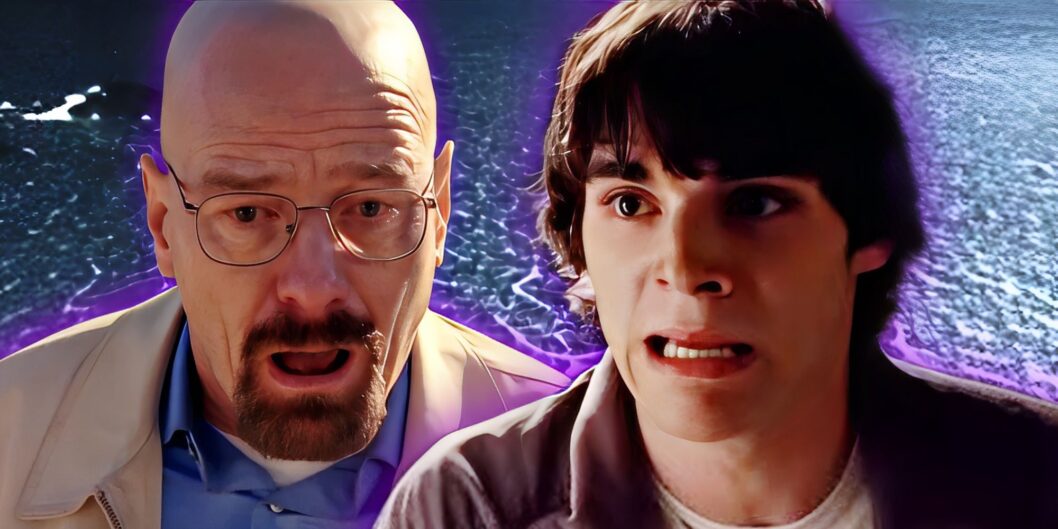Exploring Alternate Storylines in Breaking Bad: The Near Loss of Walter Jr.
Breaking Bad, often celebrated as one of the greatest television series of all time, has recently been revisited in discussions about its impactful storytelling. Central to this narrative is Walter Jr., played by RJ Mitte, whose character arc is crucial to understanding the complexities of Walter White, portrayed by Bryan Cranston. Initially planned to be killed off, Walter Jr.’s survival significantly shaped the show’s emotional landscape.
Vince Gilligan’s Initial Plans
During the series’ early development, creator Vince Gilligan contemplated a drastic storyline where Walter Jr. would meet an untimely end. Reports reveal that he envisioned the character being “killed by this nasty guy that Walt is somehow in business with.” Despite the weight this plot twist could carry, it remained an underdeveloped idea, with Gilligan lacking a concrete plan for both the narrative and the killer’s identity.
This notion was met with considerable resistance from the writers, who deemed it a misguided approach. In fact, one writer humorously suggested that Gilligan had “lost his mind.” The creative team’s pushback not only saved Walter Jr. but also underscored the importance of emotional stakes in storytelling.
Impact on Character Development
The decision to keep Walter Jr. alive is pivotal in light of his character’s emotional journey throughout Breaking Bad. As he navigates the complexities of family dynamics and the increasingly erratic behavior of his father, Walter Jr. represents innocence in the face of unfolding chaos. His persistent loyalty to Walter White contrasts with his strained relationship with his mother, Skyler, revealing the nuanced familial tensions depicted in the series.
One of the series’ standout moments occurs when Walter Jr. learns the truth about his father’s criminal life. This revelation is not merely a plot twist; it catalyzes Walter Jr.’s transformation from a somewhat naïve teenager into a young man forced to confront the fallout of his father’s choices. His eventual conflict with Walter White culminates in a powerful scene where he tells his father to “just die,” encapsulating the profound emotional cost of Walter White’s descent into the criminal underworld.
Significance of Walter Jr.’s Survival
The implications of Walter Jr. remaining alive extend beyond character arcs; they shape the entire narrative architecture of Breaking Bad. Had Walter Jr. been killed off early, crucial emotional stakes would have been lost, making Walter White’s tragic downfall less poignant. The show expertly intertwines these personal stakes with broader themes of morality, consequence, and family loyalty, allowing for a richer exploration of its central characters.
Moreover, Walter Jr.’s story provides a lens through which to examine the impact of Walter White’s actions on innocent lives. His gradual understanding of his father’s dual existence heightens not only the tension within the narrative but also the audience’s emotional investment in the characters.
Conclusion: The Power of Storytelling Choices
The near-elimination of Walter Jr. highlights the significance of storytelling choices in shaping character development and viewer engagement. Gilligan’s initial pitch, though ambitious, serves as a reminder of the delicate balance that creates compelling narratives.
Breaking Bad flourishes not just due to its thrilling plot twists but also because of its character-driven storytelling that resonates deeply with audiences. By preserving Walter Jr.’s life, the show retains its emotional weight, ultimately reinforcing the tragic consequences of Walter White’s choices. This narrative decision is a testament to the writers’ understanding of the story’s emotional core and the fundamental lessons about family and consequence that the series seeks to convey.
Breaking Bad can be streamed on platforms like AMC+, Netflix, and Hulu, ensuring that its influential storytelling continues to reach new audiences.









